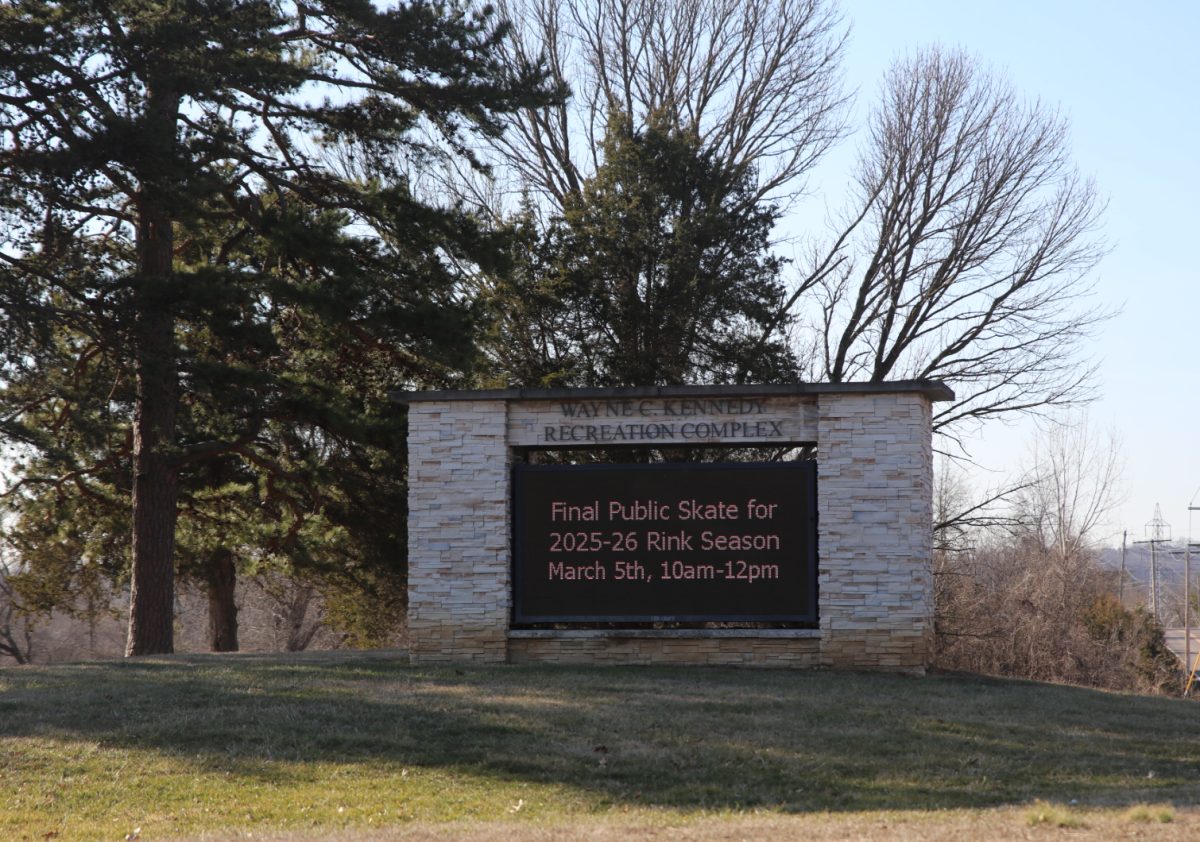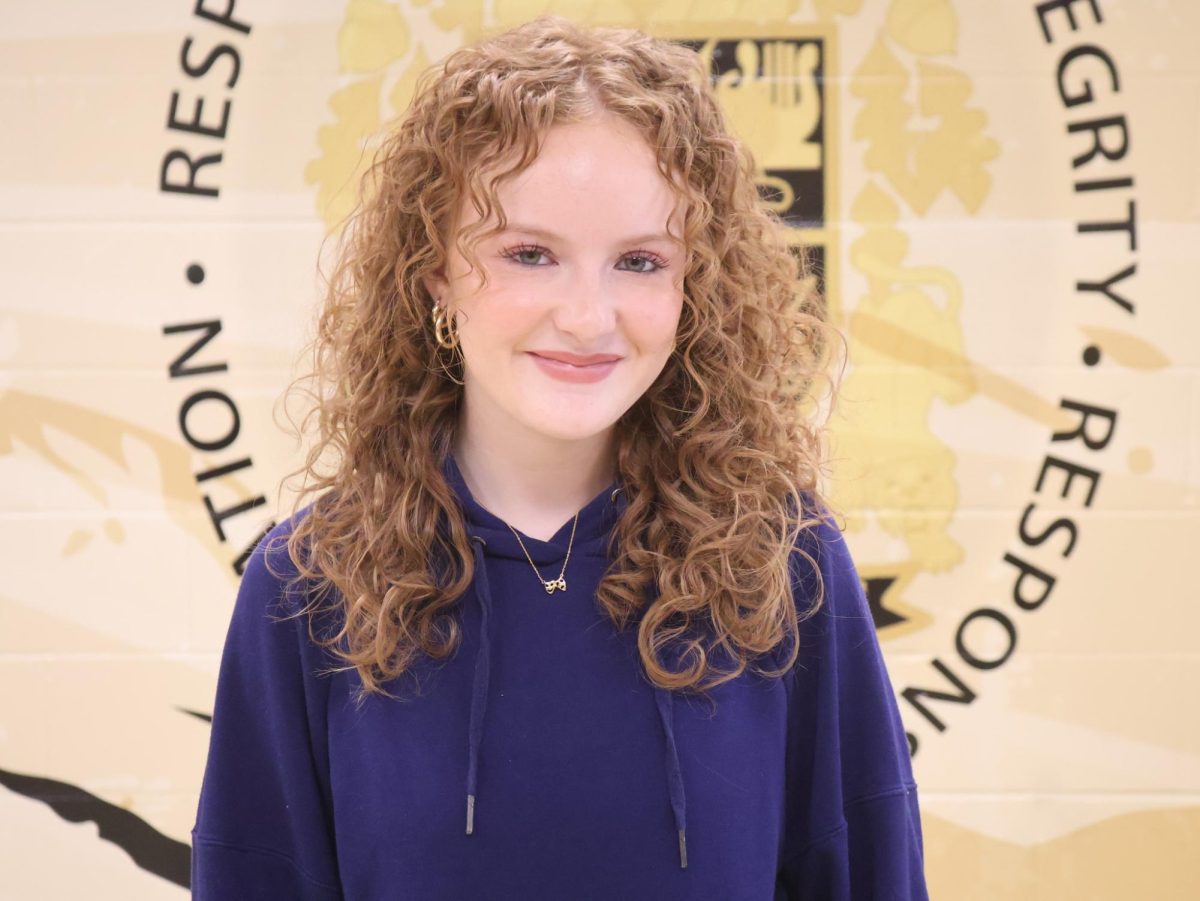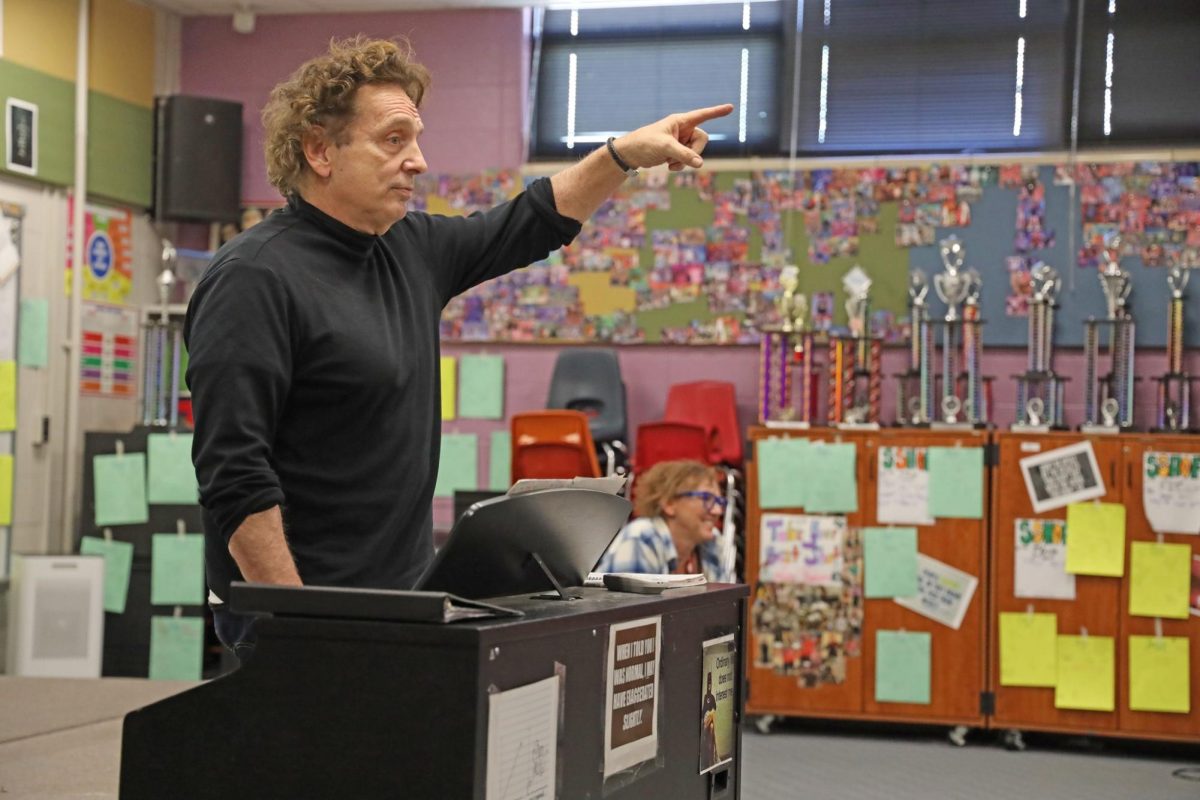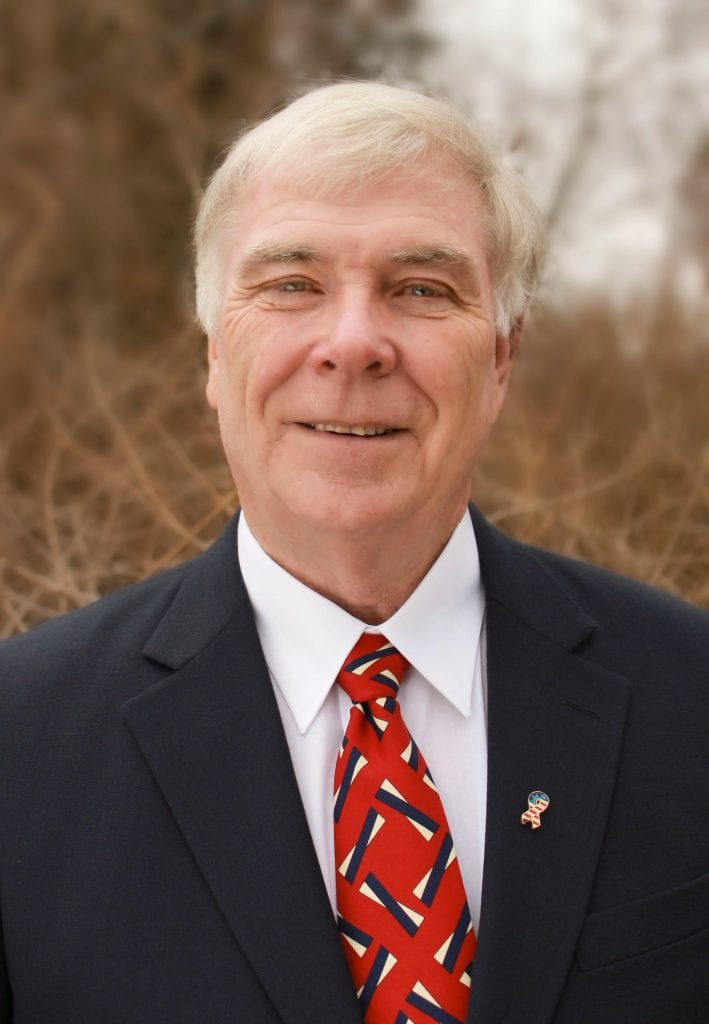Forced to balance the proposed 2009 budget by using fund balances, Crestwood aldermen last week appointed five residents to serve on a revenue committee charged with developing ideas to enhance the city’s revenues.
The Board of Aldermen voted 6-1, with Ward 4 Alderman Steve Nieder opposed and Ward 3 Alderman Jerry Miguel absent, to form a revenue committee comprised of eight residents each appointed by an alderman and four aldermen. Board President Chris Pickel of Ward 2 will chair the committee.
Ward 1 Alderman Carol McGee appointed Laurie Wallach, Ward 2 Alderman Michael Kelsch appointed George Krumm, Pickel selected former Ward 2 Alderman Steve Knarr, Ward 3 Alderman Gregg Roby appointed Marilee Sauer and Ward 4 Alderman John Foote picked Stephan Bilderback.
Ward 1 Alderman Richard Bland, Miguel and Nieder have yet to each appoint a citizen to serve on the revenue committee.
Officials will be forced to use $687,785 in major-fund cash reserves to balance the proposed 2009 budget, which projects $49,925 in revenues over expenditures.
Aldermen last week voted 6-1, with Nieder again opposed, to approve a first reading of that budget. Final approval is set for Dec. 9.
Based on figures from the 2009 budget prepared by City Administrator Jim Eckrich, Crestwood’s combined cash reserve in its major funds would drop from more than $3.4 million on Jan. 1 down to roughly $2.8 million by the end of 2009 with the use of $687,785 in reserves. The city’s major funds are comprised of the general fund, capital-improvements fund and park and stormwater fund.
Eckrich projects a $2,050,439 balance in the general fund as of Jan. 1 and a $2,100,364 balance as of Jan. 1, 2010. The capital-improvements fund is projected to have a Jan. 1 balance of $885,554 and a Jan. 1, 2010, balance of $686,638. The park and stormwater fund is projected to have a Jan. 1 balance of $477,337 and a Jan. 1, 2010, balance of $7,659.
While the proposed 2009 budget shows the use of $687,785 in reserves, Eckrich’s projected five-year plan predicts even greater annual shortfalls. That five-year plan, which is based on a 2-percent annual cost increase and department heads’ individual five-year plans, forecasts combined major-fund annual shortfalls of $1.72 million in 2010, $1.61 million in 2011, $1.63 million in 2012 and $1.3 million in 2013.
Eckrich already has proposed one way of adding revenue by using funds collected through a successful 2006 tax-rate increase originally designed to pay off debt.
The city would retire its remaining $1,570,980 in bonded indebtedness and then use the roughly $550,000 collected annually through Proposition S to build cash reserves. Prop S, which currently taxes residents at a rate of 16.9 cents per $100 of assessed value, expires in 2013.
Should the city decide to retire its bonded indebtedness in 2009 by using cash reserves, the projected general-fund cash reserve on Jan. 1, 2010, would drop from Eckrich’s initially estimated level of $2,100,364 down to $1,007,337.
But Eckrich writes in the 2009 budget, “Please note that retirement of the Proposition S bonds would benefit the city in a number of ways … The city would no longer be restricted to cash reserves less than 5 percent of our operating expenditures … Due to the Proposition S retirement, the general fund would actually be projected to operate with a substantial surplus during 2009 and 2010 and a slight surplus during 2011.”
The city’s current bond agreement with Royal Banks of Missouri contains an Internal Revenue Service provision that allows the city to keep a general-fund balance of no more than 5 percent of its lowest monthly balance of the year, which is projected to be $1,861,264 in March.
Besides retiring the Prop S bond, city officials also are hoping for an influx of sales-tax revenue from the future redevelopment of the Crestwood Court mall.
Jones Lang LaSalle Vice President/General Manager Tony Stephens, whose firm manages the mall, last week told aldermen that mall owners have hired an engineering firm to help design the redevelopment, which last summer was slated to begin in three to five years.
As for the revenue committee, Pickel said, “The purpose of this is to involve as many citizens as we can. Help them to fully understand the situation we’re in in the short term and the long term and ask them to help us in generating ideas.”
While Pickel believes that the panel would work in conjunction with the city’s Economic Development Commission, Nieder believes another committee is unneeded.
“We already have a commission or a committee, and that’s the Economic Development Commission,” Nieder said. “And if we set the standards and sent it back to them, we’d be better served than creating a whole other bureaucracy in this city.”
Roby emphasized that the committee’s goal is not to propose a tax-rate increase.
“This is basically an attempt to develop feedback from random citizens throughout the community to provide ideas and/or suggestions on how the city can best utilize the services that we currently have and make recommendations as to any adjustments that they feel may be necessary to keep our budgets in balance,” he said. “This was not, in my scope of thought, an attempt to create any committee to look at future tax increases because I don’t think at this point in time that’s in any way, shape or form an option …
“The citizens voted (against a proposed 35-cent tax-rate increase) in August. They told us basically what they wanted us to do. And we now have to set out to do that.”
Citing disappointment that 66 percent of residents did not vote in the August election, Foote sees the revenue committee as another way to reach citizens.
“If a committee like this might reach out and get some of the difficulties that we face in front of the residents so they can understand the conditions of the city and the needs of the city, I’m all for it,” he said.
Because the city this year already had a handful of town-hall meetings, Nieder does not believe the revenue committee will draw much more citizen involvement.
“We did our part in bringing out the expenses to the citizens, and they had the opportunity to see that,” he said. “The mayor also had his opportunity to go out and stand before an audience and give his idea of what our revenue looked like. So it’s not like we haven’t been getting the message out to the citizens. If eight more people’s going to turn around that 66 percent, I don’t see how that happens … We might require new sources of revenue, but I think we really need a strong Board of Aldermen that’s got the courage to make some unpopular decisions, which we have not been making for the last three years.”








